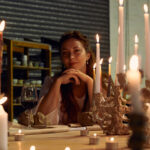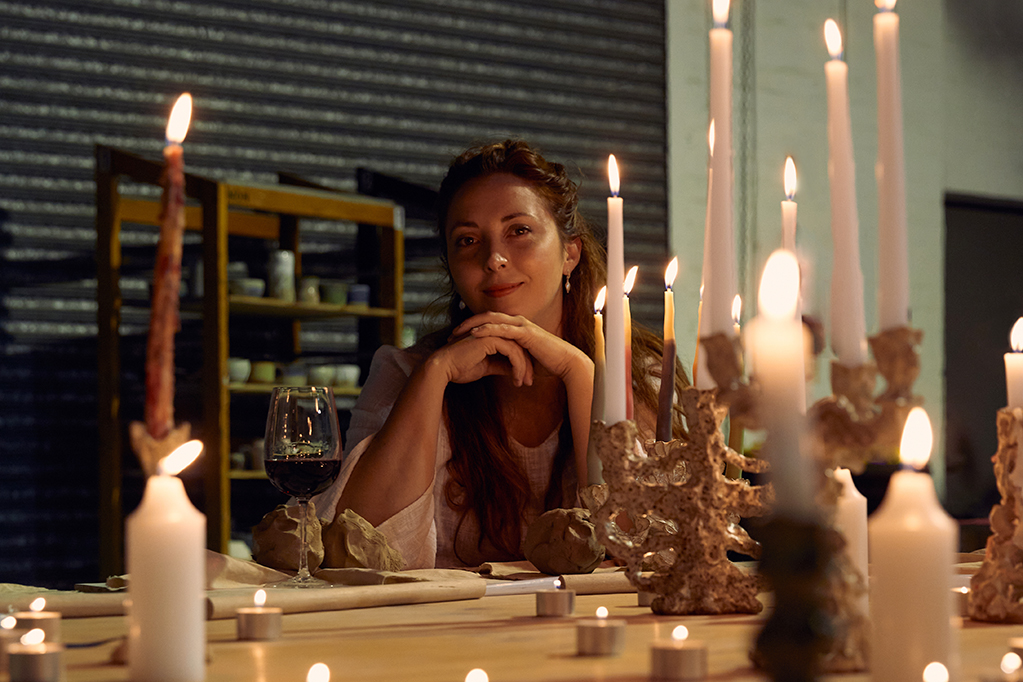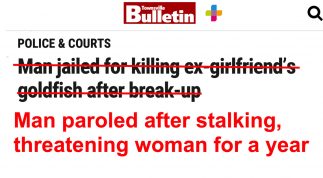ADHD is a widely misunderstood neurological condition. ‘Over-diagnosed’ and ‘over-treated’ are some commonly held associations, minimising the debilitating impacts of the condition may have on an individuals day-to-day life. Women, in particular, can present ADHD symptoms in ways that might not be so obvious to the outsider’s eye. As Australian comedian and media personality Em Rusciano said in her emotional address to the National Press Club in August, “Women and AFAB people are typically very good at masking. It’s why we’re exhausted all the time.” As a result of this masking, women with ADHD are often accused of “not being neuro-typical enough”, when appropriate diagnosis and treatment can be life-saving.
While ADHD is the most common disorder among boys aged 4-11, research conducted by the Australian Institute of Health and Welfare shows that half the number of girls the same age are diagnosed. This isn’t because girls are less likely to get ADHD, but because they often have the inattentive type of the condition, meaning that they present symptoms which are often overlooked or dismissed.
This ADHD Awareness month, we chatted with Melbourne based ceramic artist and painter Hilary Green about her journey with ADHD, and being diagnosed with the condition as an adult.
VWT: How would you describe your ADHD journey?
Hilary: “Slow and eye opening. My understanding and awareness of the symptoms of ADHD were limited for so long. It wasn’t until I met a few friends when I was 32 that were diagnosed that I learned about it and how it often presents in women and I felt extremely connected to what I heard. Even studying as a Primary Teacher, I was only trained in understanding the hyperactive symptoms which present so physically. I have had to be really honest with myself and become more self aware as I think I was masking so much until I couldn’t anymore. I have always felt odd in the world and didn’t know why.”
More and more adult women are being diagnosed with ADHD. What are your thoughts on this?
“Well I think the way we educate ourselves now with technology and social media would have a huge impact. People are looking for answers and finally they have them. The process of getting diagnosed is lengthy and can cost over $1000, so I feel for people who are not able to access this. I can tell you, those who save up and get diagnosed are not just doing it as a trend, they want help and support to understand their neurodivergent brains to get through each day.”
Do you know other women and gender diverse people who have been diagnosed as adults?
“Yes, I do. Since I have been diagnosed and have told people, I have guided some friends and others who had been thinking about it for a long time as well. That’s the other thing, I think these days we are trying to remove stigmas around mental health and be more open and self care focussed. As a result, more people will discuss and share their personal journey and everyone slowly becomes more aware.
I often ask friends for advice and discuss symptoms, and I really feel seen. Everyone has a different experience of ADHD and until now, I have never had anyone to talk to about how my brain functions, and it’s helping me to reflect regularly and find new strategies for living.”
How can non-neurodivergent people better support neurodivergent people in their lives?
“To be honest and quite frank, don’t be ableist. When someone tells you they have ADHD, don’t say “but you seem normal” or “maybe you just have anxiety” as if either of those are better. My brain has worked overtime for years trying to be ‘normal’ and I have a high work ethic, that doesn’t mean I don’t struggle, get overwhelmed, am unable to do simple tasks or burn out regularly. I think people are still trying to understand it because it seems invisible. I describe it as if I am a duck on a lake – on top you see a calm gliding bird and underneath the legs might be frantically paddling and heart racing. What seems serene often is not.”
For many women with ADHD, self-care is key. How do you work self-care into your daily life?
“I have begun working exercises that I enjoy like pilates into my week and it has had a huge effect on my well being. I think self care can come down to being self aware. Is this habit serving me? Is this frame of mind or perspective healthy? Who can I ask for help today? I try and stay in touch with where my energy is at and if I socialise a lot one day, then I try to have a break after. My struggles are time management and poor memory so I am trying to find ways to take the stress out of these things. I make time to sit down and go over my week and now am more honest when I can’t fit things in. Other than that, my cats are so helpful at making me feel calm and reminding me to be present, still and grateful. Everyone needs a cuddle sometimes.”
 Hilary Green (@hilarygreen__)is a Melbourne based ceramic artist and painter. Her work explores organic forms, dreams, myths and the natural world. Her work aims to blend a touch of the surreal with functional objects as she is fascinated by the concept of magic domesticity. Often inspired by ancient shapes, she twists familiar forms with modern colours and imperfect textures.
Hilary Green (@hilarygreen__)is a Melbourne based ceramic artist and painter. Her work explores organic forms, dreams, myths and the natural world. Her work aims to blend a touch of the surreal with functional objects as she is fascinated by the concept of magic domesticity. Often inspired by ancient shapes, she twists familiar forms with modern colours and imperfect textures.

